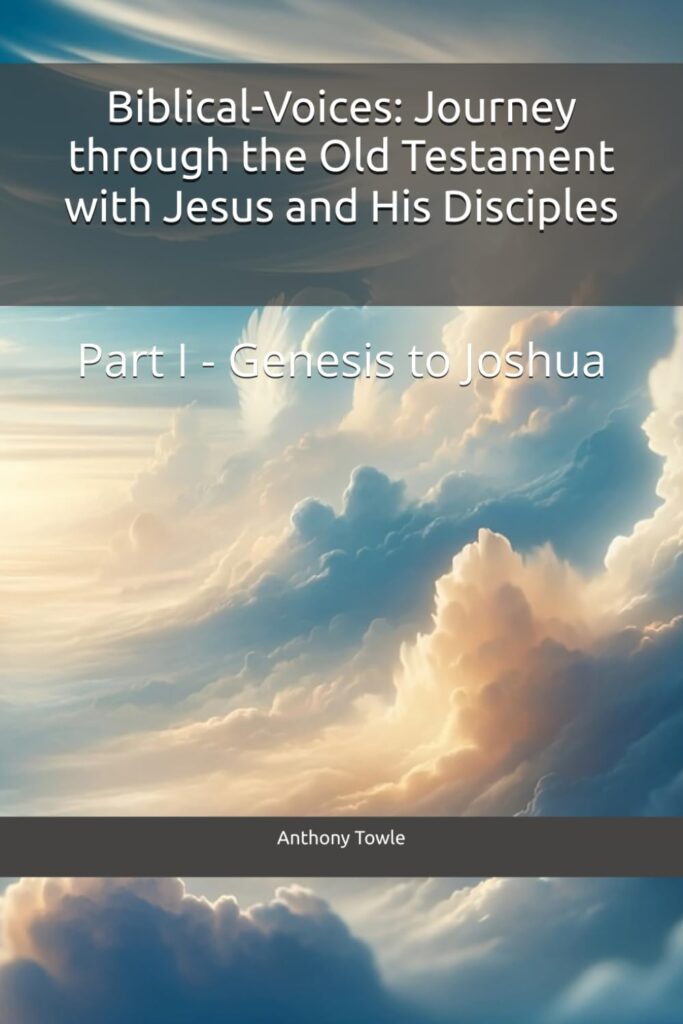Matthew: Master, in our time, we believe and live by these narratives. But in future times, how do historians view the factual basis of our stories and teachings in the Scriptures?
Jesus: Matthew, the understanding of our narratives will evolve over time. Historians and scholars will study the Scriptures not only as a source of spiritual guidance but also through the lens of historical analysis. They will seek to understand the context in which these texts were written, considering the historical, cultural, and linguistic background of our era.
John: So, they will question the events and teachings?
Jesus: Indeed, John. Their questioning is part of their quest for knowledge. They will differentiate between historical facts, theological interpretations, and the symbolic meaning of the texts. While some events and figures in the Bible will be supported by archaeological and historical evidence, others may remain matters of faith.
Thomas: Will this questioning weaken the faith of future believers?
Jesus: Thomas, for some, it might challenge their faith, but for others, it will strengthen it. Understanding the historical context can deepen one’s appreciation of the Scriptures. The essence of faith, after all, transcends historical facts. It’s about the relationship with God, the values we live by, and the hope we hold onto.
Andrew: So, the spirit of the teachings is what remains most important?
Jesus: Precisely, Andrew. Remember, “Heaven and earth shall pass away, but my words shall not pass away.” (Matthew 24:35, KJV). The enduring truth of the Scriptures lies in their spiritual insights and the transformation they bring in the hearts of believers.

